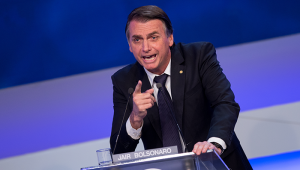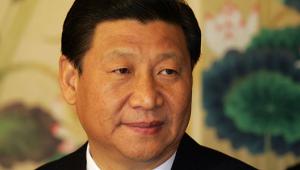Philip Alston, the UN’s special rapporteur on extreme poverty and human rights, said the government’s plans to introduce a federal spending gap linked to inflation will place Brazil in a “socially regressive category all of its own”. The country is planning to pass a constitutional amendment to secure this.
He continued: “One thing is certain, it is completely inappropriate to freeze only social expenditure and to tie the hands of all future governments for another two decades.
“If adopted, this amendment would lock in inadequate and rapidly dwindling expenditure on health care, education and social security, thus putting an entire generation at risk of social protection standards well below those currently in place.”
In June, Brazil’s interim president, Michel Termer, announced the government would seek a constitutional amendment to limit public spending growth, ushering in one of the most significant fiscal reforms in Brazil in decades.
If approved, it will mean the federal government will have to limit annual spending growth to the inflation rate of the year before.
The move was designed to curb runaway public debt accumulated amid Brazil’s worst recession in decades, which saw the government deficit rise to more than 10% of GDP.
Deteriorating public accounts have seen Brazil swiftly downgraded by credit agencies as concerns around the nation’s ability to repay its debt grew. Public debt currently stands at 67.5% of GDP, with predictions that could rise to 80% next year.
The government said it would restore investor confidence – rocked by the country’s economic decline and a massive corruption scandal – and have a positive impact on public debt levels in the long term.
The International Monetary Fund has welcomed the measure as “game changing”, and suggested it be extended to cover state-level expenditure.
Lawmakers have so far also endorsed the measure. It cleared Brazil’s lower house of congress in October and its first vote in the full senate at the end of November. Another vote is scheduled for tomorrow.
Opposition politicians however have called for a referendum on the plans, and the UN’s Alston also raised concerns that the government has not presented a programme to the electorate as it came to power following the impeachment of former president Dilma Rousseff earlier this year.
He warned it would hit the poorest in society the hardest, and represent a “historic mistake” in that it turns back the clock on decades’ worth of impressive social reforms. Despite substantial advances, Brazil remains a highly unequal country.
The UN pointed out that almost four million children in the country are still out of school. Currently, a national education plan, worth $11bn a year, aims to ensure quality education for all students. The constitutional amendment will reduce planned spending by $14bn over the next eight years.
“This is a radical measure lacking in all nuance and compassion,” said Alston.
“It will hit the poorest and most vulnerable the hardest, will increase inequality levels in an already very unequal society and definitively signals that social rights are a very low priority for Brazil for the next 20 years.”














